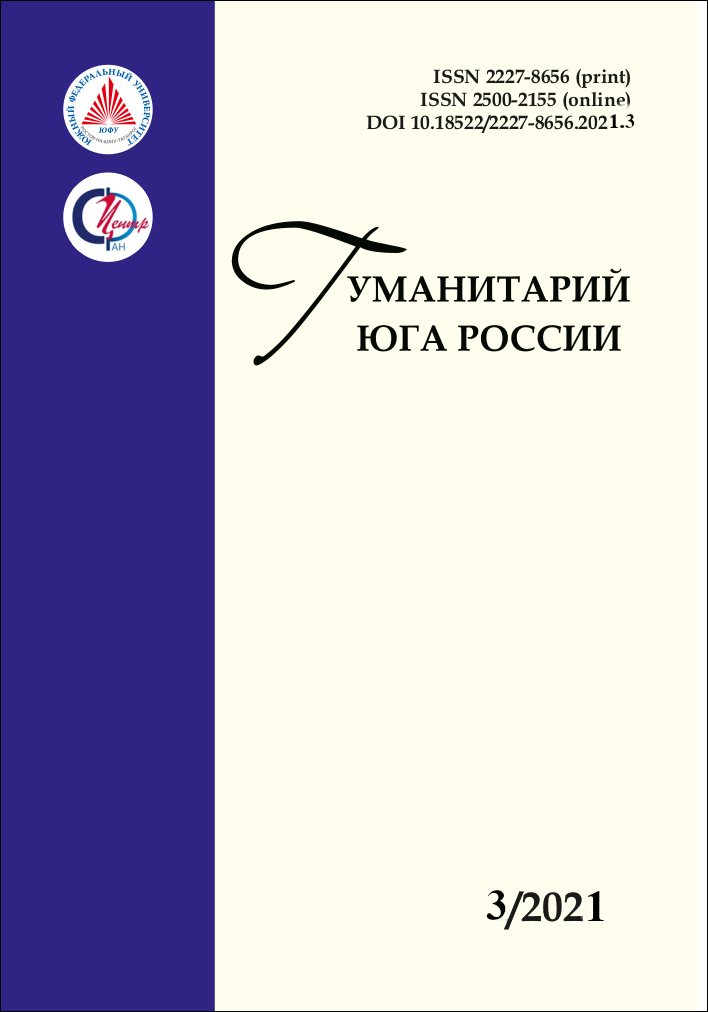Методология индикативного планирования и управления развитием образовательных систем
Научная статья
Аннотация
Литература
2. Блинов А. О., Василевская О. В. Искусство управления. М., 2001.
3. Боярский А. А. Охотники за головами. Начало. М., 2006.
4. Вязигин А. Е. Подбор, оценка, аттестация персонала в сфере торговли и услуг. М., 2005.
5. Данилин А. Электронные государственные услуги и административные регламенты. М., 2004.
6. Дементьева А. Г., Соколова М. И. Управление персоналом. М., 2008.
7. Иванова С. В. Кандидат, новичок, сотрудник. Инструменты управления персоналом, которые реально работают на практике. М., 2008.
8. Business Perfomance Management Industry Framework Document 5.0. Standards Group, 2005.
9. Matthews R. C. O. The Economics of Institutions and the Sources of Growth // The Economic Journal. 1986. Vol. 96.
Поступила: 10.05.2021
Опубликована: 29.07.2021






